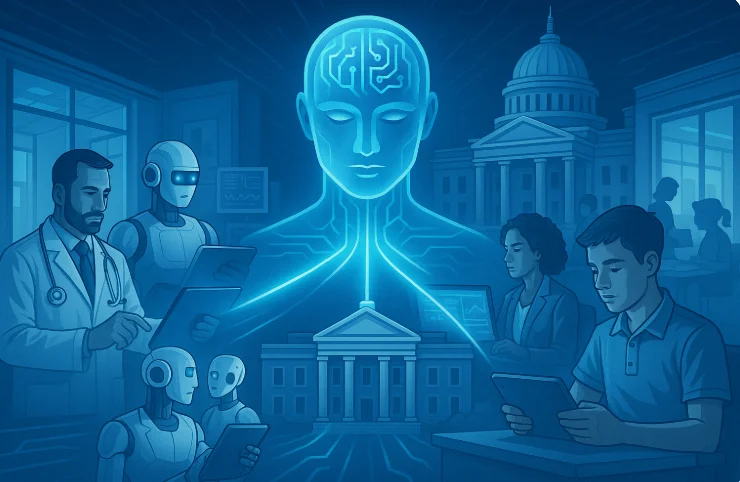AI tools like Perplexity, ChatGPT, and Gemini have become increasingly popular for boosting productivity, especially during times when energy tends to dip, such as after lunch. These AI platforms provide advanced capabilities that help users stay focused, creative, and efficient throughout their workday. Their rise reflects a broader trend of integrating AI technologies into everyday professional and personal routines.
A notable development in the AI industry is the emergence of premium subscription plans, often priced around $200 per month. This pricing reflects the high cost of research, development, and maintaining sophisticated infrastructure behind these AI services. Companies offering these tools strive to balance affordability with delivering cutting-edge features, which include enhanced natural language processing, advanced data analysis, and improved security.
Public response to these high subscription fees has been mixed. While many users acknowledge the value these AI tools bring to their productivity, others worry about the accessibility for smaller businesses and individual users who may find the cost prohibitive. This divide highlights ongoing concerns about the potential widening gap between large organizations that can afford such technology and smaller players who might be left behind.
Experts in the field emphasize the importance of responsible AI development and implementation. They advocate for transparency, fairness, and alignment with human values to ensure these technologies benefit society as a whole. Additionally, they stress the need for ethical frameworks and regulation to govern the rapid expansion and integration of AI in various sectors.
The growing popularity of AI tools like Perplexity, ChatGPT, and Gemini is also driving a surge in industry events and discussions. These gatherings focus on innovation, competition, and collaboration among AI developers, while also addressing societal concerns such as job displacement, privacy, and ethical use. The dynamic environment reflects how AI is becoming a central part of technological advancement and economic strategy worldwide.
Looking ahead, the AI sector is poised for continued growth and transformation. As these platforms evolve, they are expected to offer even more personalized and versatile solutions across industries like healthcare, education, finance, and governance. Balancing innovation with accessibility and ethical considerations will be key to ensuring AI’s positive impact on society in the years to come.
